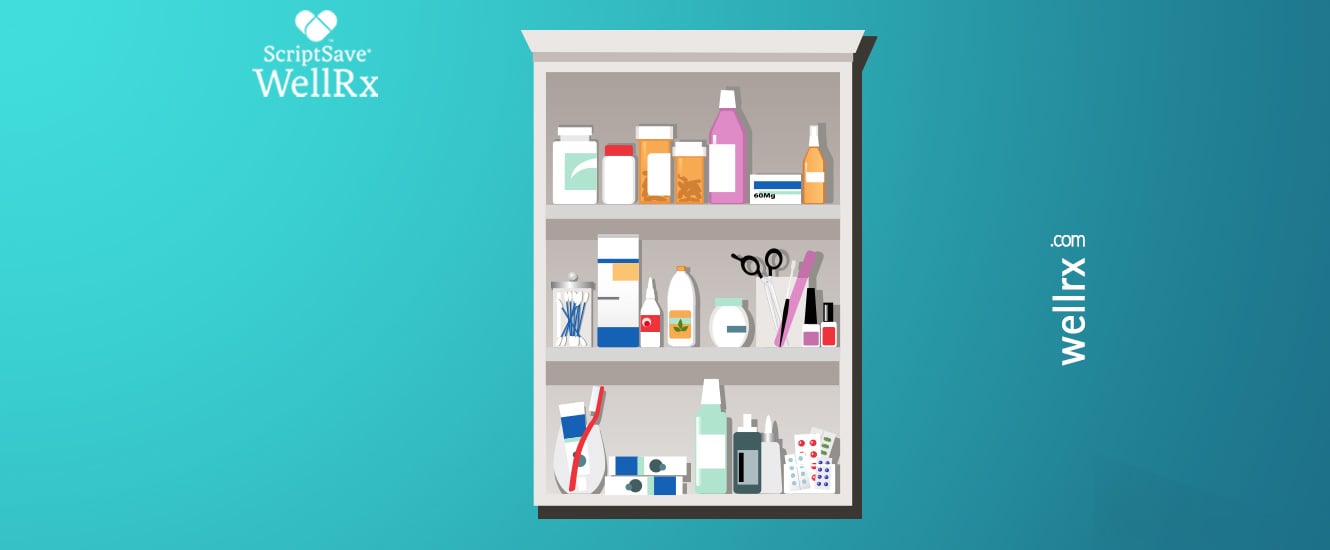Atrial fibrillation is the most common type of heart arrhythmia (irregular heartbeat). Over two million Americans are living with atrial fibrillation, and it is estimated that over 12 million Americans will have atrial fibrillation by 2030. Other names for atrial fibrillation include AFib or AF. AFib is a fast and irregular heartbeat in the upper chamber (atrium) of your heart that can lead to strokes, heart failure, and other complications.
Understanding atrial fibrillation can help you find ways to manage your symptoms and prevent further complications.
What Happens During Atrial Fibrillation?
During normal heart rhythm, electrical signals that begin in the top right chamber of your heart cause the atria to contract and pump blood into the lower heart chambers (ventricles). The electrical signal continues to travel down the heart, causing the ventricles to contract and pump blood into the lungs or to the rest of the body.
During atrial fibrillation, defective electrical signals cause the atria to beat abnormally fast or quiver. The communication between the upper and the lower chambers is disrupted, and the two parts of the heart beat out of sync. The chambers cannot contract, and blood pools within the chambers. If blood clots form, they can be pumped out into other parts of the body, potentially causing a stroke or other cardiovascular problems.
What Are the Symptoms of Atrial Fibrillation?
Some people who have atrial fibrillation may not be aware of it. Others may experience symptoms such as the following:
- Heart palpitations, or a flip-flopping feeling in your chest
- Weakness
- Tiredness
- Decreased tolerance for exercise
- Lightheadedness
- Dizziness
- Shortness of breath
- Chest pain
Who Is at Risk for Atrial Fibrillation?
Several factors can increase your risk of developing atrial fibrillation. You are more likely to have AFib if you:
- Are older than 65
- Have a family history of atrial fibrillation
- Drink moderate to large amounts of alcohol
- Use illegal drugs, such as cocaine
- Participate in high-endurance sports or physically overexert yourself
- Smoke
- Have high levels of stress
- Have diabetes
- Have high blood pressure
- Are of white European ancestry
- Have had recent heart, lung, or esophagus surgery
This list does not include all the risk factors for atrial fibrillation. Your doctor may check for signs of AFib during your regular visit. Be sure to let your healthcare provider know your complete health history and any family medical history.
What Are the Complications of Atrial Fibrillations?
Although some people may not have atrial fibrillation symptoms, untreated or undetected AFib can lead to life-threatening health complications. Some complications of atrial fibrillation include:
- Blood clots
- Dementia
- Heart attack
- Heart failure
- Stroke
- Sudden cardiac arrest (your heart suddenly stops beating)
What Are the Treatments for Atrial Fibrillation?
Atrial fibrillation treatment aims to restore normal heart rhythm and prevent blood clots and other complications. Your doctor may recommend procedures, lifestyle changes, medications, or a combination of these to manage your atrial fibrillation.
Various medicines are used to treat atrial fibrillation.
Anticoagulants
Anticoagulants are also called blood thinners. These medications help lower your risk of stroke by preventing blood clots from forming or by dissolving existing clots. Anticoagulant medications include Coumadin (warfarin), heparin, Plavix (clopidogrel), Pradaxa (dabigatran), Savaysa (edoxaban), and Xarelto (rivaroxaban).
Beta-Blockers
Beta-blockers help slow down your heart rate allowing the ventricles (lower heart chambers) to fill up with blood before contracting. Beta-blockers include Coreg (carvedilol), Inderal (propranolol), Tenormin (atenolol), and Toprol XL (metoprolol).
Calcium Channel Blockers
Calcium channel blockers, such as diltiazem (Cardizem, Cartia, and others) and verapamil (Calan, Verelan, and others), slow the rate at which the heart ventricles pump blood out. They also reduce the strength of heart contractions.
Digoxin
Digoxin (Lanoxin) slows the rate of the electrical signals that travel from the top chambers of the heart to the bottom chambers.
Heart Rhythm Regulators
Once you bring your heart rate down, your doctor will want to regulate your heart rhythm. Drugs that help control your heart rhythm include amiodarone (Cordarone, Pacerone), dofetilide, flecainide (Tambocor), propafenone (Rythmol), quinidine, and sotalol (Betapace).
Lifestyle Changes to Help Manage Your Atrial Fibrillation
In addition to medications, a healthy lifestyle plays a significant role in managing your atrial fibrillation. The following are lifestyle habits that will help keep your heart healthy:
- Maintain a low-sodium, heart-healthy diet to keep your blood pressure under control.
- Stay physically active.
- Refrain from using illegal drugs or get help to stop using them.
- Limit the amount of alcohol you drink.
- Find ways to manage your stress.
- Quit smoking.
- Maintain a healthy weight.
If you are living with atrial fibrillation, it is important to continue your follow-up care with your healthcare providers. They will continue to monitor your heart rate and heart rhythm to ensure that your treatments are working effectively. Taking your medications regularly is essential to help manage your symptoms and prevent complications. If you need help paying for your atrial fibrillation medications, you can use a free Rx savings card to get the lowest prescription price at a pharmacy near you.
Rosanna Sutherby is a freelance medical writer who has been a practicing pharmacist in her community for close to 20 years. She obtained her Doctor of Pharmacy from Nova Southeastern University in Ft. Lauderdale, FL. She utilizes her clinical training in the pharmacy, where she helps patients manage disease states such as asthma, diabetes, heart disease, hypertension, and many others. Dr. Sutherby reviews and recommends drug regimens based on patients’ concurrent conditions and potential drug interactions.
References:
https://www.ninds.nih.gov/Disorders/All-Disorders/Atrial-Fibrillation-and-Stroke-Information-Page
https://www.cdc.gov/heartdisease/atrial_fibrillation.htm
https://www.wellrx.com/health-conditions/about/health-condition/cardiac-arrhythmia/~default/
https://my.clevelandclinic.org/health/diseases/16765-atrial-fibrillation-afib
https://www.mayoclinic.org/diseases-conditions/atrial-fibrillation/symptoms-causes/syc-20350624
https://www.nhlbi.nih.gov/health-topics/atrial-fibrillation
https://www.heart.org/en/health-topics/atrial-fibrillation/treatment-and-prevention-of-atrial-fibrillation/atrial-fibrillation-medications
https://news.wellrx.com/2020/05/08/operation-relief/













 Store & manage your medication list
Store & manage your medication list Medication pricing updates
Medication pricing updates Pill & refill reminders
Pill & refill reminders Medication journal & mood log
Medication journal & mood log